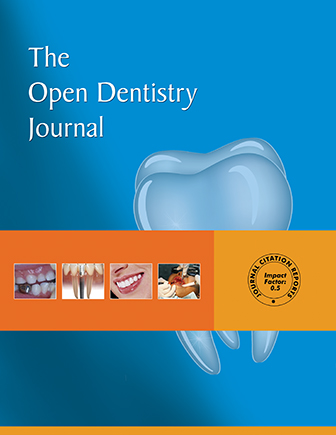A Role for Non-Antimicrobial Actions of Tetracyclines in Combating Oxidative Stress in Periodontal and Metabolic Diseases: A Literature Review
Abstract
This review addresses the role of adjunctive tetracycline therapy in the management of periodontal diseases and its efficacy in reducing inflammatory burden, oxidative stress and its sequelae in patients with coexisting features of metabolic syndrome. Removal of the dimethylamine group at C4 of the tetracycline molecule reduces its antibiotic properties, enhancing its non-antimicrobial actions; this strategy has aided the development of several chemically modified tetracyclines such as minocycline and doxycycline, by altering different regions of the molecule for focused action on biological targets. Tetracyclines are effective in reducing inflammation by inhibiting matrix metalloproteinases, preventing excessive angiogenesis, inhibiting apoptosis and stimulating bone formation. There are important applications for tetracyclines in the management of diabetic, dyslipidaemic periodontal patients who smoke. The diverse mechanisms of action of tetracyclines in overcoming oxidative stress and enhancing matrix synthesis are discussed in this review.


